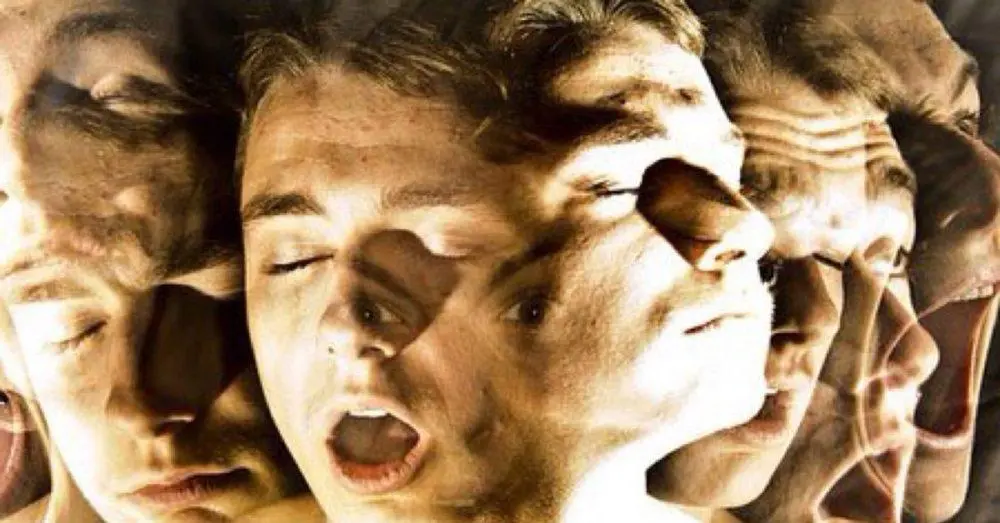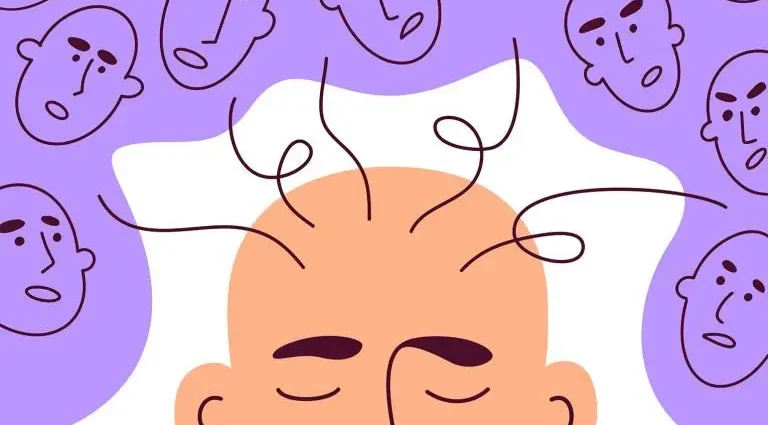Contents
Scientists agreed that the risks of developing schizophrenia increase in patients who suffer from epileptic seizures, have a low level of intelligence or have received a serious head injury in their time. Schizophrenics may develop additional disorders in parallel. They greatly complicate diagnosis and treatment. If the patient has a concomitant disease, it is likely that remission will be very difficult to achieve, and if it occurs, there are risks of an early relapse.
Alcoholism is one of the most common comorbid disorders of schizophrenia.
Alcoholic beverages exacerbate the course of mental illness. This has been known since the 19th century. Interestingly, the opinions of scientists on this matter differ. Some believe that alcoholism enhances the symptoms of schizophrenia, while others, on the contrary, believe that the symptoms of a mental disorder are replaced by the consequences of addiction. Consider the clinical picture of schizophrenia complicated by alcohol:
- the patient refuses to take medication;
- the nature of the course of alcoholism is atypical;
- hangover syndrome is extremely weak;
- personality degradation is formed later than in a mentally healthy person who is addicted to alcoholic beverages;
- constant use of alcohol;
- loss of ability to perform work duties;
- connection with crime, violations of the law.
Almost half of all patients with schizophrenia develop alcoholism along the way.
Psychoactive substances in schizophrenia
To a greater extent, male patients are prone to this. This addiction is also noted in more than 30% of patients. Among the key reasons worth noting:
- desire to be like others;
- suggestion of voices within;
- conformism;
- desire to self-medicate;
- inadequate type of therapy with certainty of cure;
- open access to psychotropic substances.
What happens to a schizophrenic when taking such drugs? First of all, the symptoms of mental illness are aggravated. This is especially true for hallucinations. Also included are frequent hospitalizations and relapses, the importance of long stays in the hospital for constant treatment under the supervision of a doctor, viral infections, money problems, and negative, violent behavior, which is explained by withdrawal and the desire to get a new dose.
Other pathologies associated with schizophrenia
Not the most terrible, but still unfavorable symptom for people with schizophrenia is the desire to often use tobacco products. Nicotine activates the symptoms of mental illness. Other pathologies that go hand in hand with schizophrenia include:
- depression;
- neurotic disorders;
- split personality;
- apathy.
Many comorbid disorders are often interpreted by physicians as delusions. It may seem to the patient that he wants this or that, while these are all schizoid tendencies. The main thing that physicians state is the need for treatment at an early stage of the development of a mental disorder in order to prevent the development of additional disorders.

In any case, doctors recommend seeking medical help as soon as the disease has been suspected. It is best to eliminate it at a very early stage so that it does not develop, which can ultimately have a very negative effect. At the same time, doctors will most likely undertake all modern methods of diagnosis and treatment in order to stop the course of the disease and improve the condition of the person as a whole, up to the psychological state that is disturbed in the first place.










